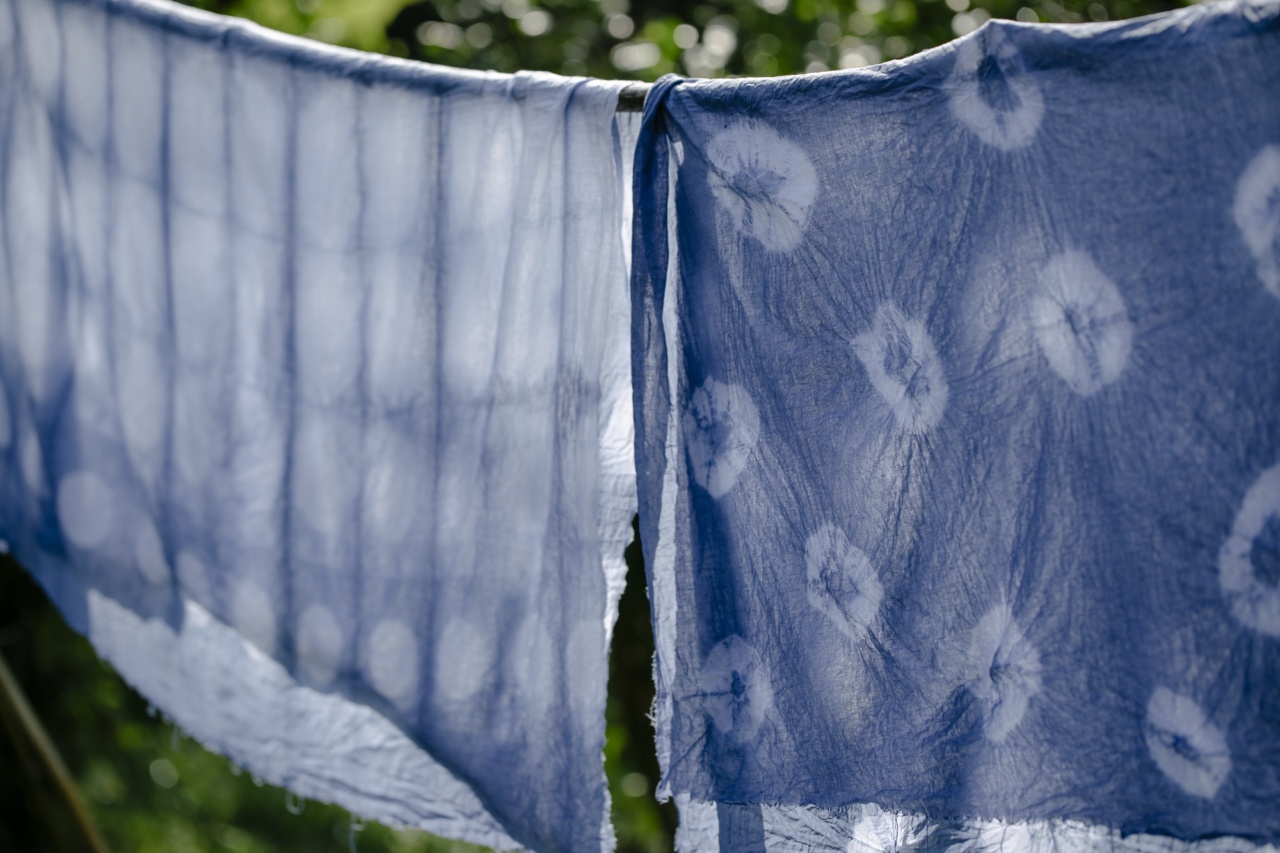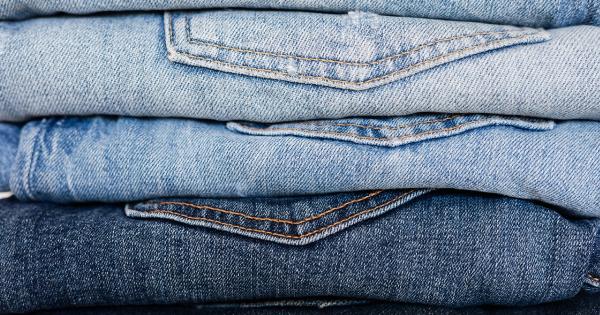When we buy new clothes, the excitement of wearing them often gets the better of us. We want to show them off to the world as soon as possible.
However, it is crucial to remember that new clothes may carry dirt, chemicals, and bacteria from various sources. Washing new clothes before wearing them is not just about freshness and hygiene; it also ensures our well-being. In this article, we will explore what can happen if you don’t wash new clothes and understand the potential risks involved.
Chemicals and irritants
New clothing items are usually treated with various chemicals to enhance their appearance, texture, and even to prevent wrinkling during transportation.
These chemicals, such as formaldehyde resins, azo dyes, and softeners, can be potential irritants and allergens. Additionally, fabric finishes and dyes can also cause allergic reactions or rashes, especially for individuals with sensitive skin.
By washing new clothes, you can minimize the risks of these chemicals coming into contact with your skin and causing any adverse reactions.
Pesticides and insecticides
Many clothing pieces are made from natural fibers such as cotton, which is prone to pests and insects. To protect the crops during farming or storage, pesticides and insecticides are often used.
These chemicals may be present in trace amounts on the fabric, and if not washed out, they can cause skin irritation or even lead to more significant health issues. Washing new clothes before wearing ensures that any remaining pesticide residue is removed, providing a safer experience.
Manufacturing residue
During the manufacturing process, clothes can accumulate dust, debris, and other residues. These particles can come from thread remnants, packaging materials, or even the factory environment.
If not washed off, they can cause skin irritation, itching, or redness. Washing new clothes helps eliminate these unwanted particles, ensuring that your skin remains free from any potential contaminants.
Reducing the spread of germs and bacteria
Even though new clothes may not have been worn by anyone else, they can still harbor germs and bacteria from various sources.
From the manufacturing process to transportation and storage, clothes can come into contact with numerous hands, machinery, and surfaces. By washing new clothes, you can eliminate any potential germs or bacteria, reducing the risk of skin infections, body odor, or other health issues.
Avoiding skin infections
New clothes, especially underwear and intimates, can come into direct contact with our skin. If unwashed, they may carry bacteria, fungi, or yeast that can cause skin infections like folliculitis, yeast infections, or jock itch.
Washing new clothes effectively removes any potential infectious agents, ensuring that you don’t expose yourself to unnecessary risks.
Better comfort and fit
Aside from hygiene concerns, washing new clothes also has practical benefits. When clothes are produced, they often go through various processes, including sizing, starching, and pressing.
These processes can leave a stiff or uncomfortable feel to the fabric. By washing new clothes, you can soften the fabric, remove any stiffness, and achieve a better fit and overall comfort when wearing the clothes.
Avoiding allergies
Allergens, such as dust mites or pollen, can accumulate on new clothes during storage or transportation. For individuals with allergies or asthma, these allergens can trigger symptoms such as itching, sneezing, or respiratory issues.
Giving new clothes a thorough wash can help remove these allergens and reduce the likelihood of an allergic reaction.
Preserving the life of your clothes
Washing new clothes before wearing them can also help preserve their quality and extend their lifespan. During the manufacturing and transportation processes, clothes may accumulate dirt, dust, or other particles that can weaken the fabric fibers.
By washing new clothes, you remove these contaminants and ensure that your clothes remain in good condition for longer.
Removing residual dyes
New clothes, particularly those in vibrant or dark colors, may release excess dyes during the initial wear. This can result in color bleeding or staining on your skin, other clothing items, or even furniture.
By washing new clothes, you can remove any loose dyes and prevent such unwanted color transfer.
Overall well-being and peace of mind
Lastly, washing new clothes simply promotes a sense of well-being and peace of mind. By taking the proactive step of cleaning your new clothes, you ensure that they are free from potential contaminants, irritants, and allergens.
This can contribute to a healthier and more comfortable experience, allowing you to fully enjoy your new wardrobe additions.































